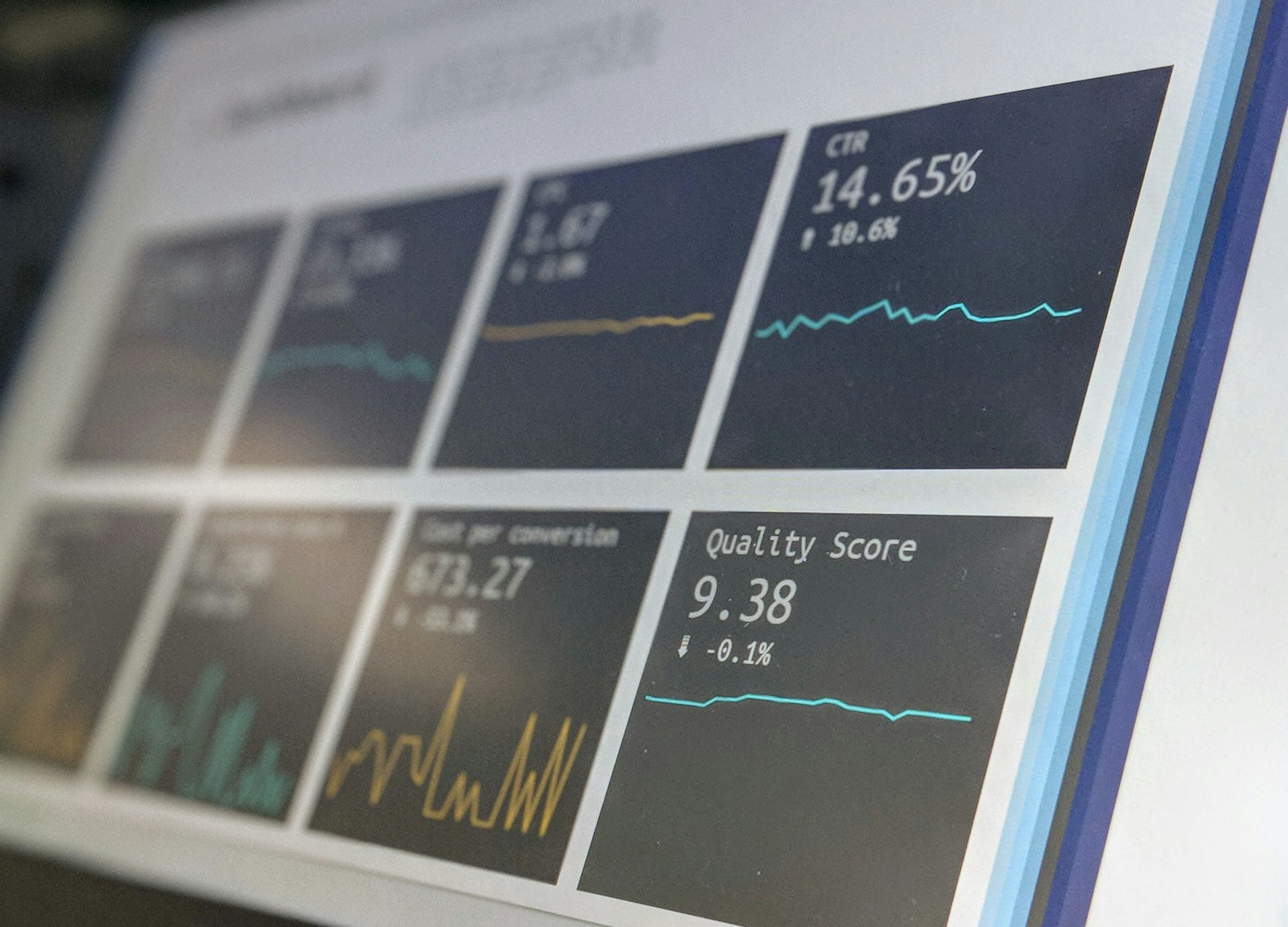In the realm of manufacturing, where precision, efficiency, and productivity reign supreme, the integration of Internet of Things (IoT) devices has become a game-changer. These smart, interconnected devices are reshaping factory automation, streamlining processes, reducing costs, and improving overall efficiency. In this blog, we’ll explore the remarkable applications of IoT devices in factory automation that drive the industry forward.
The IoT Revolution in Factory Automation
Factory automation involves the use of technology to monitor and control manufacturing processes. IoT devices, embedded with sensors and connectivity, have taken this to the next level by providing real-time data collection, analysis, and control. Here’s how IoT is transforming the manufacturing landscape:
- Real-time Monitoring: IoT sensors placed on machinery and production lines continuously track equipment performance and production metrics, providing real-time insights.
- Predictive Maintenance: Through data analysis, IoT devices can predict when equipment is likely to fail, enabling scheduled maintenance, reducing downtime, and saving money.
- Energy Efficiency: IoT sensors monitor energy consumption within the factory, optimizing equipment operation to reduce energy costs.
- Inventory Management: IoT devices track inventory levels in real-time, automatically reordering supplies when they run low, reducing the risk of production interruptions.
- Quality Control: IoT-driven cameras and sensors inspect products for defects, ensuring only high-quality items are shipped to customers.
Benefits of IoT in Factory Automation
The adoption of IoT devices in factory automation offers numerous benefits, which include:
- Enhanced Productivity: Real-time monitoring and predictive maintenance minimize equipment downtime, leading to higher production output.
- Cost Reduction: Predictive maintenance reduces repair costs and prevents costly production interruptions. Efficient energy use leads to cost savings.
- Improved Quality: IoT-driven quality control systems enhance product quality and reduce defects, ensuring higher customer satisfaction.
- Data-Driven Decision Making: The data collected by IoT devices provides valuable insights for optimizing production processes and improving efficiency.
- Safety: IoT devices can monitor workplace safety conditions, helping prevent accidents and ensuring compliance with safety regulations.
The Future of Factory Automation
As technology continues to advance, the role of IoT in factory automation will become even more significant. These intelligent devices empower manufacturers to stay competitive in a rapidly changing global market by enhancing productivity, reducing costs, and improving product quality. The factories of the future are smart factories, and they are powered by the Internet of Things.
In conclusion, the application of IoT devices in factory automation is reshaping the manufacturing industry. It’s not just about machines; it’s about creating efficient, data-driven, and highly responsive production environments that are better equipped to meet the demands of the modern world. With IoT, the future of manufacturing is bright, productive, and smarter than ever before.
